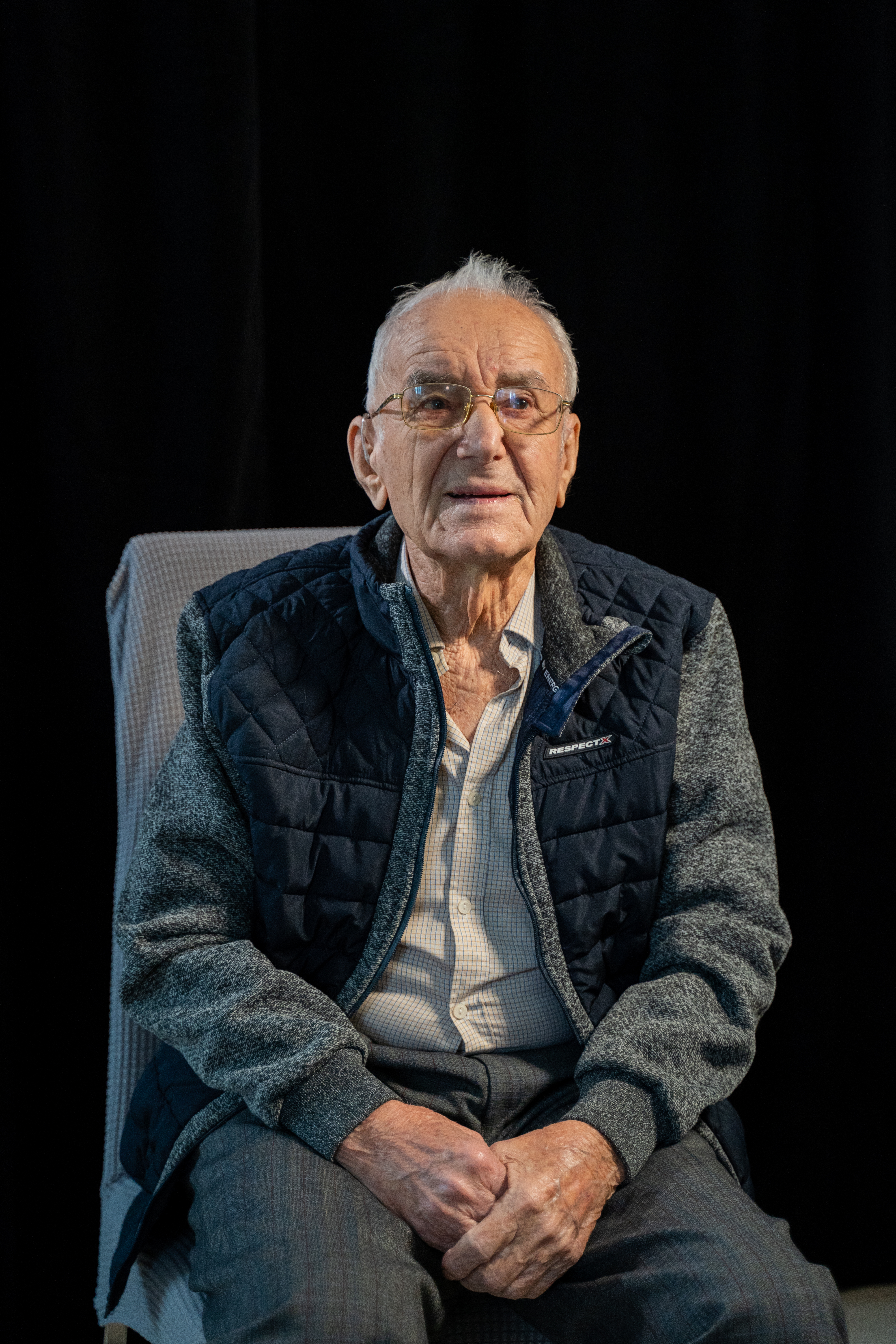How I survived the battle on Matić poljana

Stáhnout obrázek
Franjo Jelušić, also known as Barba Franjo, was born in 1922. in the village of Šmrika, near the city of Rijeka in Croatia. In his youth, he was a football player and later became a farmer. During World War II, Jelušić joined the partisans and fought against the German and Italian occupiers. Jelušić was one of the partisans who survived the Battle of Matić Poljana, one of the bloodiest battles fought against the occupiers in Croatia. The partisans were completely surrounded and attacked from all sides, but they managed to break through the enemy lines and avoid capture. Jelušić was seriously wounded in the battle, but he managed to survive. After the war, Jelušić returned to Šmrika and devoted himself to farming and worked as a navigator on Jugolinija ships. Although he has been retired for many years, he is still active and works on his farm. In March 2019, Jelušić celebrated his 100th birthday with his family and friends. Jelušić is known as an extremely strong and resilient person, which probably helped him survive the Battle of Matić Poljana and live to a ripe old age. He is a symbol of strength, endurance, and resilience, and his story is an inspiration to many. Barba Franjo Jelušić faced many challenges and obstacles in his long and rich life, but he successfully overcame them thanks to his strength and courage. His story is a reminder that it is possible to survive and endure difficult times, and that it is important to never give up and always fight for what is important.

